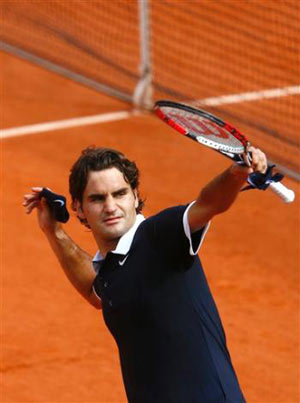Centonove
Weekly of Politics, Culture, Economy
N. 41, 29/10/2010
Thank you, Pastor Giampiccoli
Francesco Palazzo
The Sunday after the pope's visit, Palermo has returned to normal, nothing to do with the feast day earlier when the city stopped in silence to accommodate the large guest. Nobody has noticed that in the capital and then there was another important religious presence. In the Waldensian church, a few steps from the place where Benedict XVI met with the young, was a guest Giampiccoli Franco. It 'was, for seven years, confirmed year after year, in the late Eighties and early Nineties, the leadership of all the Italian Waldensians. A sort of pope, more correctly the moderator of the board of Methodist churches e valdesi. Il massimo organismo, eletto, che si occupa della gestione della vita ecclesiastica. E' composto da sette membri tra pastori e laici. E già questa conduzione mista sarebbe una rivoluzione per il cattolicesimo. Così come la durata a tempo degli incarichi, per poi tornare tra i tanti. Tanto che Giampiccoli, dopo tale esperienza, è stato, dal 1994 al 2001, semplice pastore della chiesa dove il 10 ottobre ha condotto la seconda parte del culto. Accompagnato dalla moglie Danielle, prima di salire sul pulpito, in giacca e cravatta, era stato seduto in una panca laterale della chiesa, senza onori, poltrone o attenzioni particolari. Per l'occasione i Valdesi di Palermo hanno messo al centro l'iniziativa ecumenica “Tempo per il creato”, celebrata in tutte le chiese europee dal 1 settembre al 4 ottobre. Il tema specifico di quest'anno è stato quello della biodiversità. Un tentativo per sensibilizzare a non mettere in atto comportamenti di morte verso ciò che i credenti ritengono un atto creativo. Sullo sfondo l'opzione della nonviolenza come presupposto di pace, che vedrà nel maggio del 2011, a Kingston, una convocazione internazionale ecumenica. Il pastore Giampiccoli, nel sermone, ha detto che le chiese devono essere umili in questo campo, perché giungono da ultime a interessarsi della salvaguardia dell'ambiente. Anzi, ha osservato che le chiese, quando non giungono in ritardo, frenano. Vi immaginate se il 3 ottobre il papa avesse fatto un'autocritica simile, magari in reference to the fight against the Mafia or the democratic deficit, which the church is suffering? He would talk all the newspapers of the world. With the same simplicity was drawn from the importance of Giampiccoli offered during worship. The Waldensians have decided to use eight per thousand, however, intended not to support communities and pastoralists, which is precisely with the offers, but in projects relating to welfare, social and cultural life, employing at least 30 percent for the support to poor countries. To the Waldenses is the norm for Catholics, especially to proclaim, even as hope, was its chief representative, it would be news to nine columns. There was much irony in the words of Pastor Giampiccoli, October 3 instead we saw a man at work much more serious and with far fewer doubts. At one point, recalls that his wife often complains. Can you, he says, to make many fine speeches, but just having to go to the practice that comes here is the Amen. Then he remembers the Green Movement of the Rooster. This symbol appears outside all the Waldensian churches of northern Europe and is the chance of betrayal. Well, the Movement of the Rooster draws to a green ecological functioning of the churches themselves. Before preaching to others then this is the final message of the former moderator of the Waldensian Church, and we know what it would be timely for the Catholic Church, must be consistent in their practices. Before blessing, Giampiccoli invites you to take a document. Talk of the decision of the Waldensian church to bless the unions of gay couples. Another taboo subject for the Church of Rome. Outside the church could sign against nuclear power and in favor of alternative energy. At the end of the religious function, Giampiccoli waited outside the temple participants, including about fifty Ghanaian, saluting leave. Chronicles of normal, a church that has large numbers of Catholicism. But that may indicate, and lay believers, if that distinction makes sense, more than one way. To help us combine the convictions of reason and the reasons for the beliefs that animate our daily lives.










